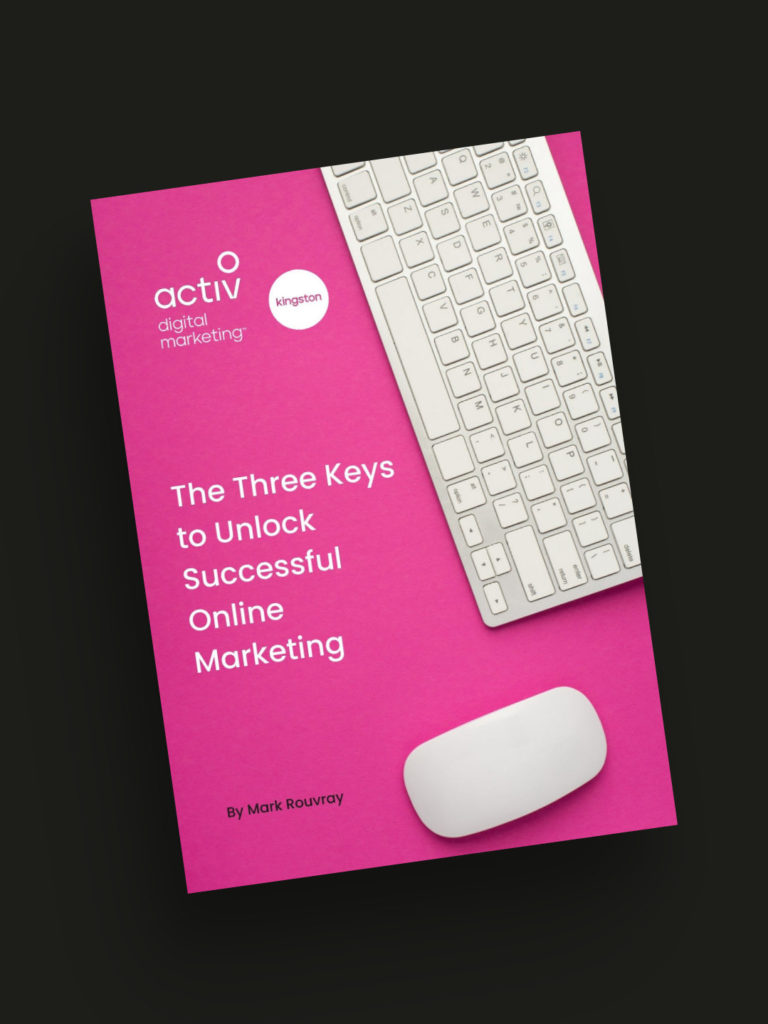What is PPC?
PPC allows businesses to create an online advert (which is usually found through Google search engine results). Businesses pay Google a fee each and every time that advert is clicked on, hence, pay-per-click. The adverts appear when an internet user types a keyword or phrase into Google’s search engine, delivering the advert to the top of the results page. In simple terms, it’s a method of purchasing visitors to your website instead of investing in or working alongside organic search engine optimisation.
A successful PPC campaign should ensure the following elements:
1. Are your other digital touch points ready to go?
Is your website fully optimised with keyword rich content? Is the content updated regularly, presented neatly and in an optimised format? Do you have conversion-friendly landing pages in place to complement your campaign? Do you have a strong social media presence or online review process in place? All of these things will instil confidence in your potential target audience (advert clickers) and ensure Google rates your content as good quality and relevant.
2. Set out your goals
Selecting goals is really the entire point of your campaign and should be reviewed as part of your ongoing analysis. Whether it’s to boost awareness of your new service or generate more online sales for a new product, your goals need to be specific, measurable, realistic and achievable within a timeframe.
3. Ensure you’re using negative keywords in your campaigns
Just as crucial as implementing a keyword strategy for using within your campaign ads, there are specific keywords that you will want to disassociate from your campaign, these are called negative keywords. This ensures that when a user types in a negative key phrase that is irrelevant to your campaign, your ads won’t get served. This saves you a lot of budget and the customer a lot of wasted clicks.
4. What’s the conversion intent of your visitors?
Assessing the route a potential customer takes to find you, can determine how serious they are about making a purchase or enquiry. For example, if a customer has typed in a keyword or phrase, their intent may be stronger than someone who clicks on a display advert. We recommend tweaking your call to actions to suit the types of customer intention that you’re seeing on your campaigns. For example, the display advert customer may need a discount code to persuade them whereas the keyword customer might just need a persuasive landing page.
5. Make use of remarketing campaigns
Placing ads in front of users who have visited your site or app before, offers them a second chance to purchase from you and gives you a second chance of converting them. A really good landing page can help to make a remarketing campaign more profitable.
If you’re looking for a digital marketing expert with a lot of experience in delivering successful PPC campaigns as part of a wider digital marketing campaign, then you’re in luck. Take a look at how our Pay-Per-Click service works and how we can help you in the run up to the busy Christmas sales period.

